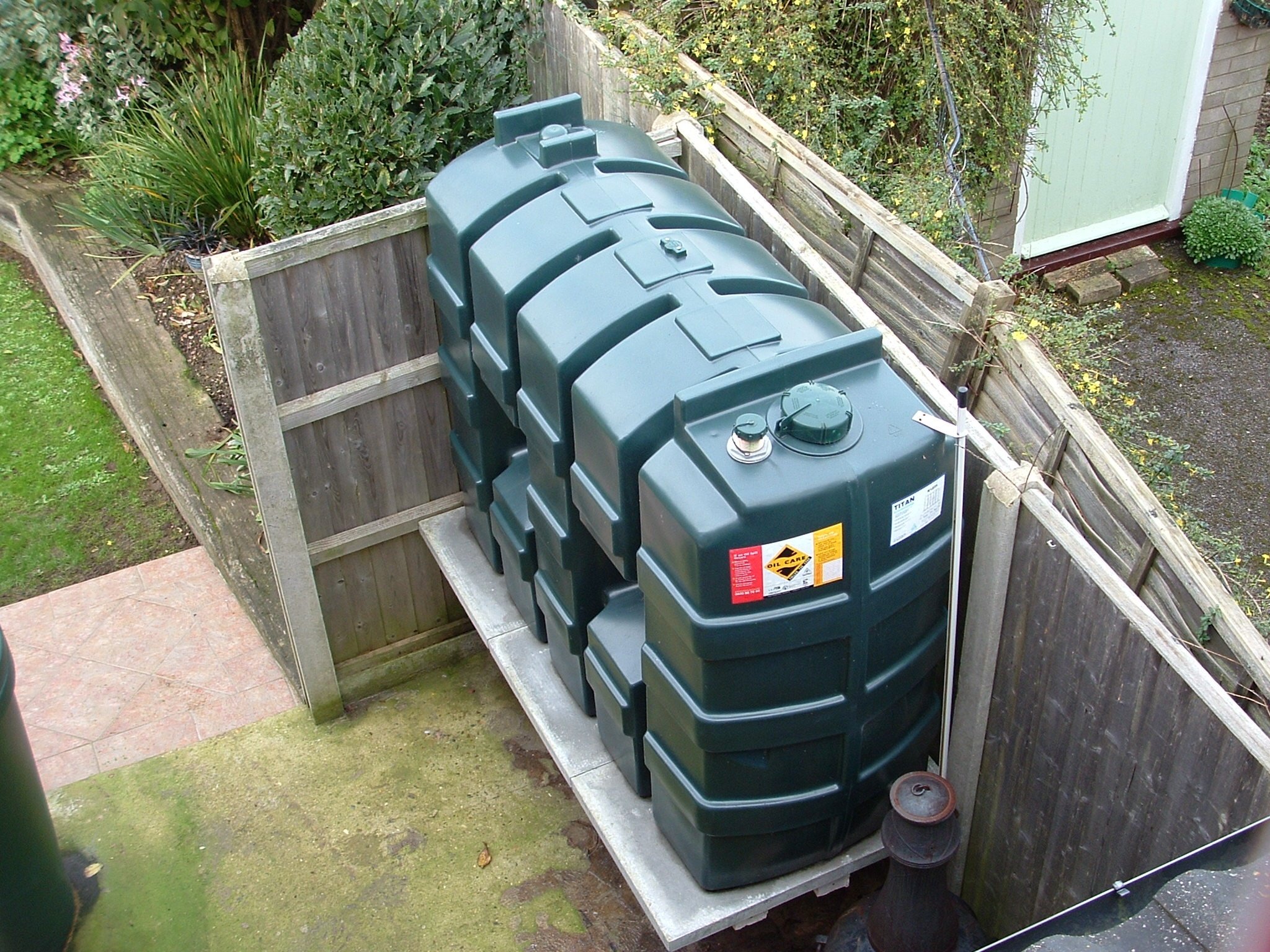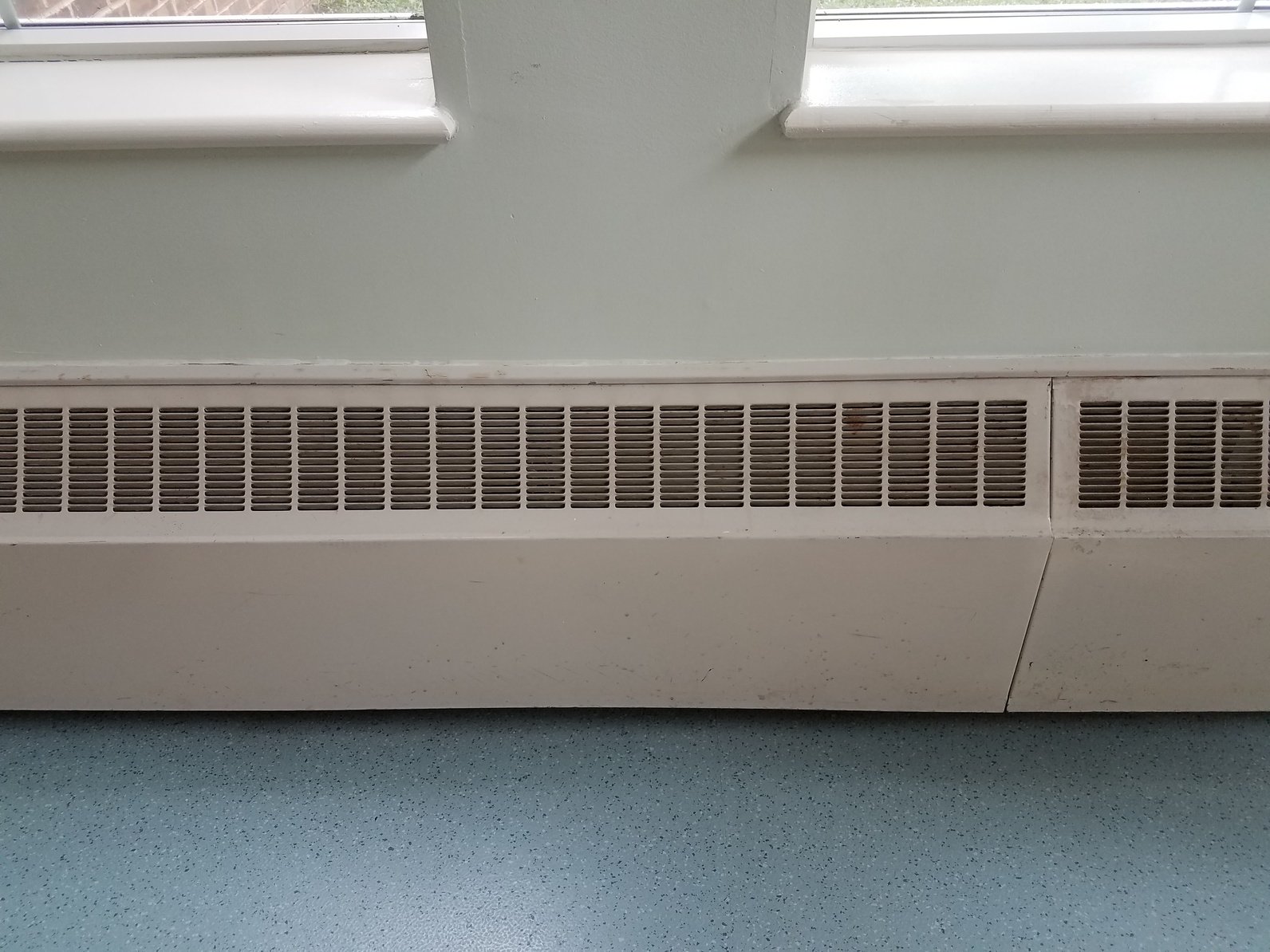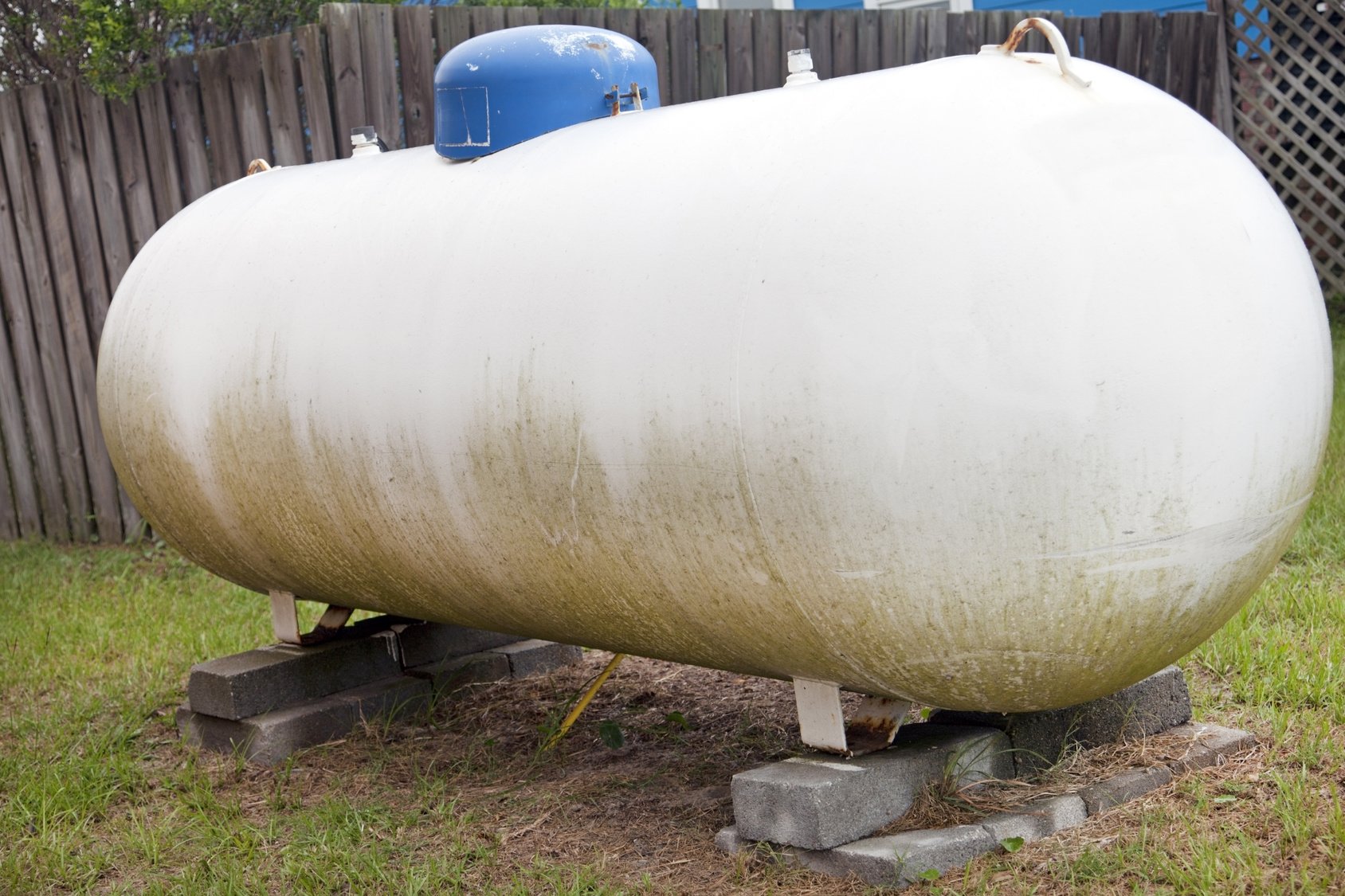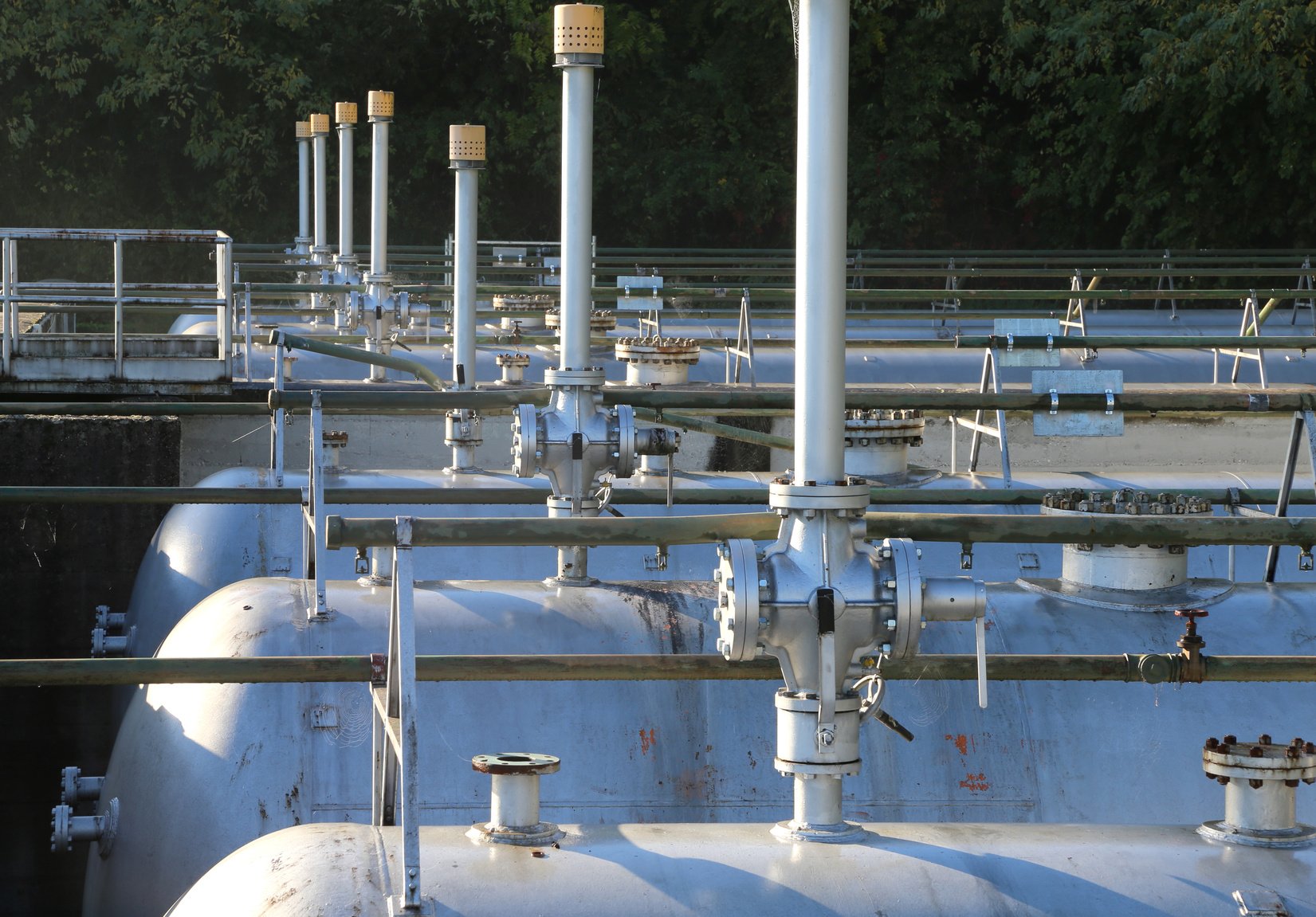As a homeowner, it's incredibly important to be informed on the type of heating system your home uses in order to keep your household safe and efficient. At the same time, understanding the other types of fuels that might be available to you and the features and benefits they might bring to your family could potentially improve your lifestyle, help you save money, or even allow you to contribute to the environment in healthier ways. No matter what your purpose might be, you'll need some resources and guidance to help with your research, and that's where Beckett comes in. In this guide, we'll give you an overview of the most popular home heating fuel types and provide further resources to help you compare and understand each of the most common residential fuel systems today.
Residential Oil Heat
Residential oil heat is incredibly common in multiple areas of the country because of the flexibility it offers in terms of fuel purchasing and delivery. Oil is stored in a tank outside the home and will need to be monitored and refilled to ensure comfort when a drop in temperature is detected inside. Additionally, oil is a popular choice among homeowners because it is one of the safest fuels to heat with because of its high flame point and relative abundance year-round. Oil heat is very efficient and therefore often the most cost-effective heating choice as well.
To learn more about heating your home with oil, click here for our full blog post.

Natural Gas Heat
Natural gas heat is another widely used heating fuel in the US especially in the Northeast region of the country, as well as other areas serviced by major pipelines. Natural gas can also be used to power appliances like heaters, ovens, emergency generators and cooktops. When your home uses natural gas heat, a utility company owns the infrastructure that delivers gas to your home automatically and monitors your usage using a meter at their pressure regulator. Residential customers will only pay for the gas they use. In order to ensure that natural gas systems are operating safely, they should be serviced often to check for leaks, and carbon monoxide detectors need to be installed in the home.
Click here to learn more about the pros and cons of natural gas heating systems.

Electric Home Heating
Another common heating type in residential homes is electric heat. Electric heat is delivered either through space heaters, an electric baseboard system, air to air or ground source heat pump system. Oftentimes, installing resistance electric heat requires a lower upfront investment than a system fueled by oil or gas. With regular maintenance and upkeep for any type of electric heating system, this type of heat can be nearly 100% efficient.
To learn more about electric heating systems and the differences between each type, click here.

Residential Propane
Liquid propane is another common fuel that can be used to power both a heating system as well as residential applications like cooking, water heating, and generators. Propane is purchased from local suppliers and is delivered to a storage tank to service a residence. Propane's versatility is one of its most desirable advantages, as well as its efficiency which can match that of natural gas. In order to keep your household safe when using propane, you'll need to install CO and propane detectors in the home.
To learn more about the advantages and disadvantages of propane heat, click here.

Alternative Heating Fuels
Finally, while they may not be the most common heating fuels on the market, many homeowners may be interested in researching the innovative, environmentally-friendly heating fuels in development today. To name a few, some up and coming fuels that reduce both emissions and waste include recycled methane fuel, biofuels made from algae, wood chips, or agricultural waste, and fish oil biodiesel.
To learn more about these alternative heating fuels, click here.



